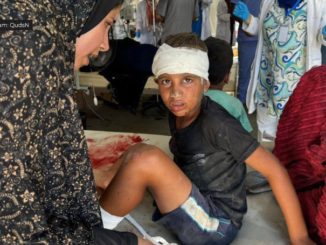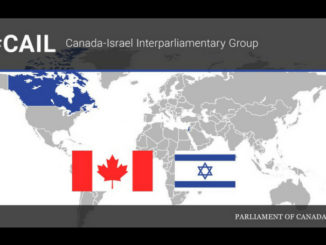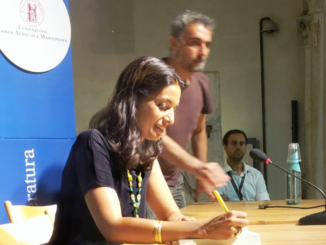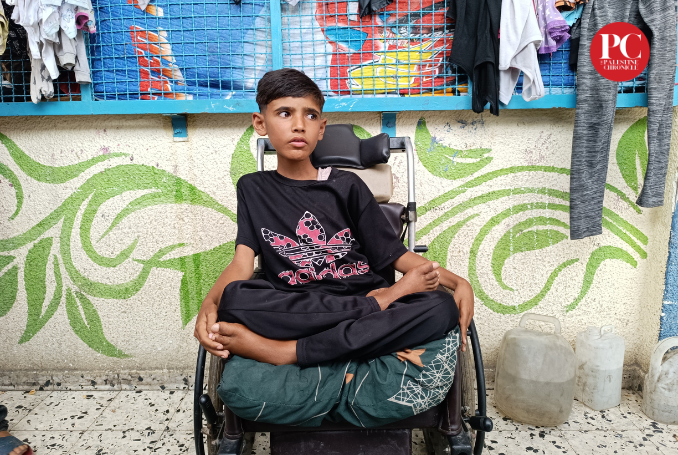
Israel’s genocidal war on Gaza has spared no one, destroying nearly 80 percent of all civilian infrastructure in the Strip.
Some civilians, though, have been particularly affected by the relentless bombardments and war crimes carried out by Israeli forces in the last eight months.
Children with disabilities and elderly people were among the most vulnerable categories, who were not spared by Israel’s senseless brutality.
The Palestine Chronicle spoke with disabled child Yazan Ziyad al-Hilu and elderly woman Umm Ashraf Abbas, who shared with us their horrific individual experiences in the ongoing Israeli genocide.
The Story of Yazan
“I am a sick child. I have suffered from a disability since birth,” Yazan told The Palestine Chronicle.
“My body is small and weak, unable to withstand war, and I cannot live without taking my medication,” he said.
Since the beginning of the war, Yazan has been deprived of his right to treatment and is appealing to all human rights organizations, Islamic, Arab, and foreign countries to intervene to stop the monstrous Israeli war in Gaza.
Yazan’s family house in Gaza City was severely damaged during the early weeks of the war, when an Israeli bombing targeted a neighbor’s house.
“We fled to my brother Haitham’s place, but the occupation targeted our residential neighborhood and we were forced to flee again,” he said.
“We have been living in shelters for months now, in the south and the central Gaza Strip. Now we are in the Nuseirat refugee camp.”
“When Haitham’s house was bombed, my 27-year-old Mohammed was killed and we fled to the city of Khan Yunis afterward,” Yazan told us.
“My mother put me in a wheelchair and pushed me for more than 10 kilometers amidst Israeli tanks and military vehicles,” he continued.
“My mother is an elderly woman, and my father is an elderly sick man who cannot cope with the difficult living conditions we have been experiencing since the beginning of the war.”
The family was forced to walk long distances on foot to reach the city of Khan Yunis.
“We walked amidst tanks and Israeli shelling that did not stop for a moment. We lived in a school in the city of Khan Yunis for three months in extremely difficult living conditions. I only had one small meal a day, and I lost all my medication during the war,” he said.
“My disability is due to a lack of oxygen and potassium deficiency at the moment of birth. My brother Saheer was also born under similar conditions. He died several months before the war.”
Now, Yazan’s mother is terrified. She does not want to lose another child but the lack of treatment puts Yazan’s life in danger.
“I love life and want to receive treatment and continue my life with my family,” he told us.
Yazan is now living in a shelter school, with limited access to water, food, or cleaning materials.
“I hope the war stops immediately, and I can return to our destroyed home in Gaza City and receive urgent treatment.”
Palestine Chronicle Staff in Gaza Organize Free Haircuts for Displaced Children – PHOTOS & VIDEO
Umm Asraf: My House is Open
Umm Ashraf Abbas is a 74-year-old woman. During this war, despite immense hardship, she decided to make her house available to displaced Palestinians.
“Throughout the war, I have hosted more than 100 displaced people in my four-story home in the Nuseirat Camp,” she told The Palestine Chronicle.
Umm Ashraf did not just host her relatives and neighbors but also other families.
“What binds us is our Palestinian identity and the injustice we have been subjected to since the beginning of the war,” she said.
Umm Ashraf tried to help the most vulnerable displaced Palestinians.
“One of the displaced persons died in my house,” she said, in tears.
‘Stop Using Hunger as a Weapon’ – Three Elderly Men from Gaza
“He was a 49-year-old patient with Down syndrome, his name was Musa Hammad. The occupation deprived him of his treatment during the war, and he suffered from severe neurological seizures due to the Israeli shelling, and he died as a result.”
After hosting many families, Umm Ashraf was also a victim of displacement, when Israeli forces invaded the Nuseirat refugee camp last February.
“We stayed for a month in my granddaughter’s house in the village of Az-Zawayda, living in a small house with about 30 displaced people, most of whom were children and women,” she said.
“I returned home after a month, and my house is still open to the displaced.”
(The Palestine Chronicle)
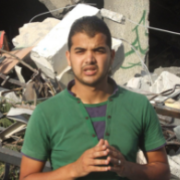
– Abdallah Aljamal is a Gaza-based journalist. He is a contributor for The Palestine Chronicle from the Gaza Strip. His email is abdallahaljamal1987@gmail.com



